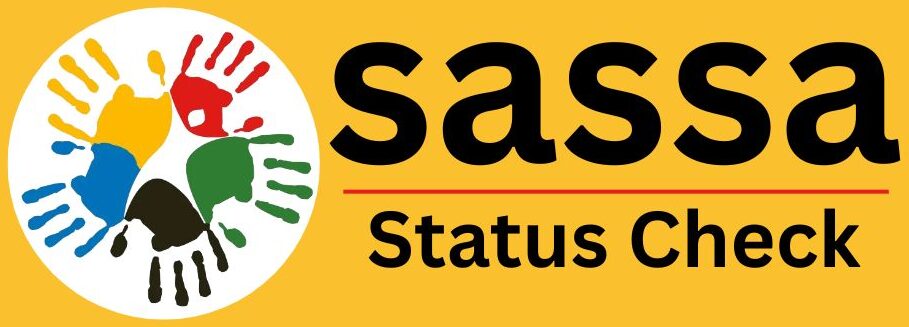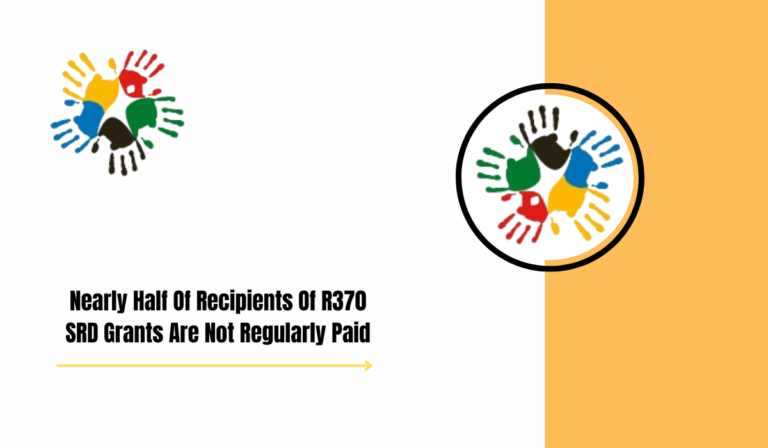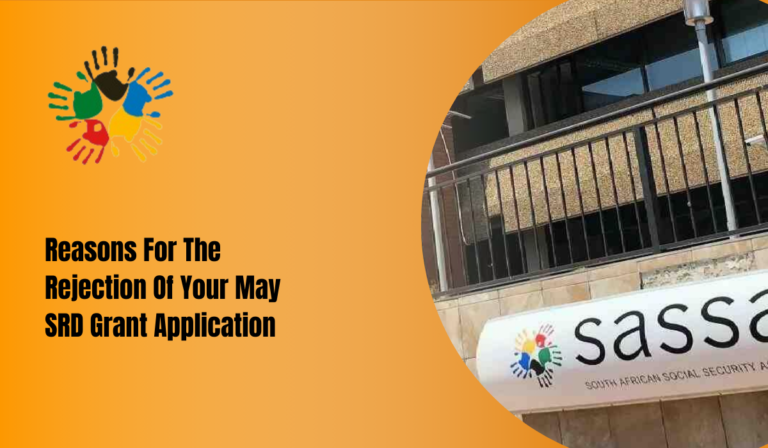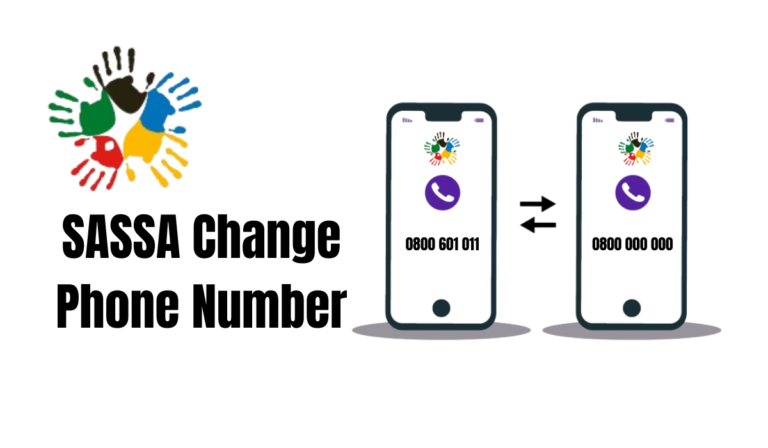Officials Of SASSA Deny Involvement In A Fraud Scheme That Involves R260 Million
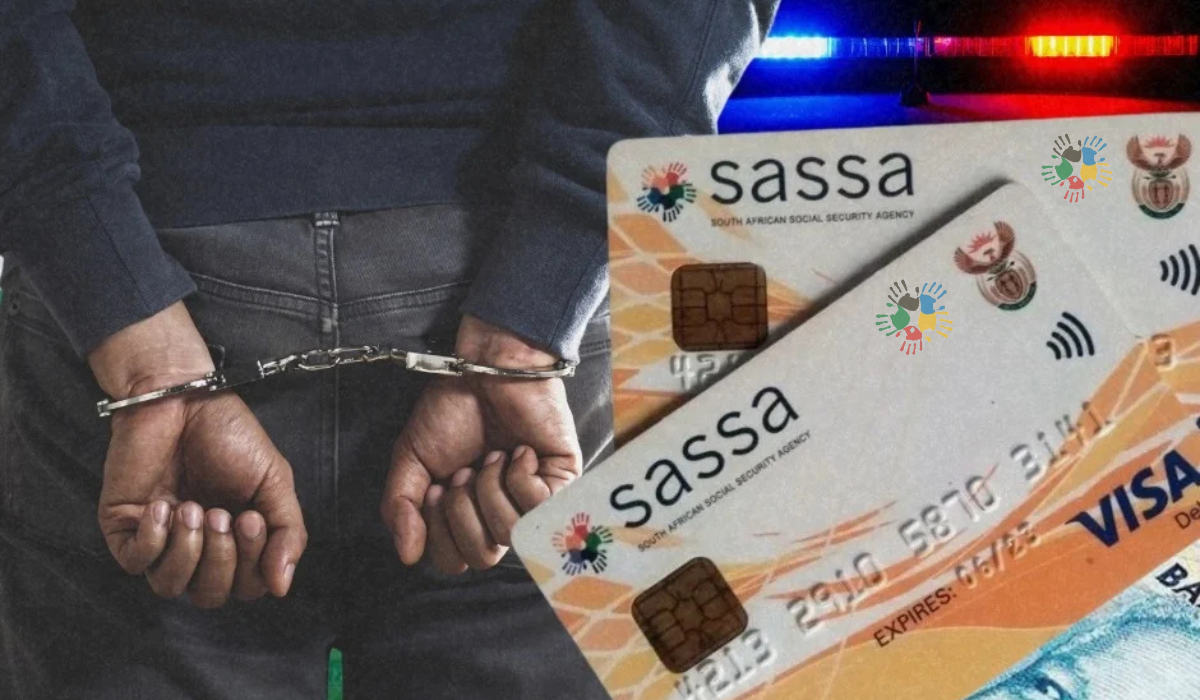
Officials Of SASSA Deny Involvement In A Fraud Scheme That Involves R260 Million. A growing fraud scandal involving the South African Social Security Agency (SASSA) has shocked the nation, as 11 suspects including seven SASSA officials—stand accused of orchestrating a sophisticated R260 million fraud scheme. The charges against them range from theft to cybercrime, with over 1,300 counts being brought forward in what is shaping up to be one of the most significant social grant-related fraud cases in recent South African history.
The R260 Million Fraud Case: A Major Blow to SASSA Reputation
The core of the controversy lies in the alleged SASSA card fraud, a highly coordinated scam that reportedly siphoned off millions meant for vulnerable grant recipients. The suspects are believed to have manipulated the SASSA system, issuing fraudulent cards and illegally accessing grant funds.
While this high-profile fraud case raises serious concerns about corruption within SASSA, the accused officials have maintained their innocence, with several making compelling personal pleas during their bail hearings at the Lenasia Magistrate’s Court.
Bail Hearings: Emotional Appeals and Denials of Guilt
Phiwe Mkhuzangwe
Among those who appeared before the court is Phiwe Mkhuzangwe, one of the seven SASSA employees arrested. In her affidavit, she strongly denied any involvement in the alleged fraud. Mkhuzangwe explained that she had no reason to evade the law, citing her personal circumstances as evidence of her willingness to face the legal process.
“My mother, who is a cancer patient, is dependent on me,” Mkhuzangwe stated. “Even though I was told by my colleagues that I was wanted by the police, I did not flee and have no intention of evading trial. I am no danger to the public.”
Siphesihle Dlamini
Another SASSA employee, Siphesihle Dlamini, who also stands accused, used her affidavit to emphasize her stable life and responsibilities. Dlamini argued that her professional and academic engagements prove she is not a flight risk.
“Your worship, I am currently employed by SASSA as an administrator. My gross salary is R18,000. I also run my own consulting business, earning R30,000 a month. I have not been outside the country and have no reason to flee,” she told the court.
Her situation highlights the complex lives some of the accused lead, suggesting that if guilty, their participation may have been more nuanced or reluctant than presumed.
List of Accused SASSA Officials in the Fraud Scheme
The case has captured national attention not only because of the large sum involved but also because it implicates key SASSA personnel. Below is a breakdown of the known suspects and their roles.
| Name | Age | Position/Details | Arrest Location |
|---|---|---|---|
| Phumelele Myeza | 37 | Surrendered to authorities voluntarily | Unknown |
| Paul Bones | 49 | Arrested within a SASSA branch | Johannesburg |
| Keamogetswe Irene Ledwaba | 49 | Arrested at her home | Soweto |
| Siphesihle Dlamini | 30 | SASSA administrator, business owner | Johannesburg |
| Phiwe Mkhuzangwe | 37 | Cited family health emergency in bail application | Johannesburg |
Additional suspects have not yet been named publicly, and court proceedings are expected to continue.
The Legal Charges: Over 1,300 Counts and Growing
During their first court appearance, the charges against the group escalated significantly. The accused now face over 1,300 counts of theft, fraud, and cybercrime. These numbers suggest a long-term, widespread scheme that may have been operating undetected for months, if not years.
According to investigators, the fraudulent activities included:
- Issuance of unauthorized SASSA cards
- Cyber-enabled theft from the social grants system
- Coordinated transfer and laundering of illicit funds
If proven true, these crimes not only represent a betrayal of public trust but could also mean years of jail time for those involved.
SASSA Response and Public Outcry
In response to the scandal, SASSA officials have categorically denied any institutional involvement. The organization has stated that any wrongdoing was conducted by individuals acting outside their official roles and responsibilities.
However, the public reaction has been one of outrage. Many South Africans depend on social grants for daily survival, and the idea that government employees could exploit the system for personal gain has sparked widespread condemnation.
Civil society groups have called for:
- Immediate reforms to grant distribution processes
- Enhanced cybersecurity systems
- Stronger internal controls to prevent similar fraud in the future
SASSA Card Fraud: What You Need to Know
What Is SASSA Card Fraud?
SASSA card fraud typically involves illegal duplication, unauthorized issuance, or tampering with official social grant cards. Fraudsters exploit weaknesses in the grant payment system to divert funds meant for genuine beneficiaries.
How Did This Fraud Happen?
Investigations are ongoing, but initial reports suggest that insiders within SASSA may have collaborated with external syndicates to:
- Create false beneficiary profiles
- Issue fake cards
- Withdraw money from the SASSA payment system
The Broader Impact on Social Grant Recipients
The fallout from the case extends far beyond the courtroom. Millions of South Africans rely on SASSA’s services every month. Cases like this can cause serious disruptions in grant distribution, foster distrust, and further delay much-needed reforms.
- Increased verification delays for new applicants
- Stricter compliance measures for existing beneficiaries
- Temporary freezing of certain disbursements during internal audits
SASSA has urged beneficiaries to remain patient and vigilant, ensuring that any suspicious card activity is reported immediately.
How the Government Plans to Respond
To combat the ongoing issues with fraud within SASSA, the Department of Social Development and law enforcement agencies have announced that:
- A special investigation unit (SIU) has been deployed
- A digital audit of SASSA’s operations is underway
- New biometric systems will soon be implemented to verify grant recipients more securely
This approach aims to reduce the opportunity for insider fraud while streamlining the application and payment processes for those in genuine need.
Conclusion
As this R260 million SASSA fraud case unfolds, the need for transparency and accountability has never been greater. The accused SASSA officials have the right to defend themselves, but if found guilty, the consequences must be severe to deter future corruption.
